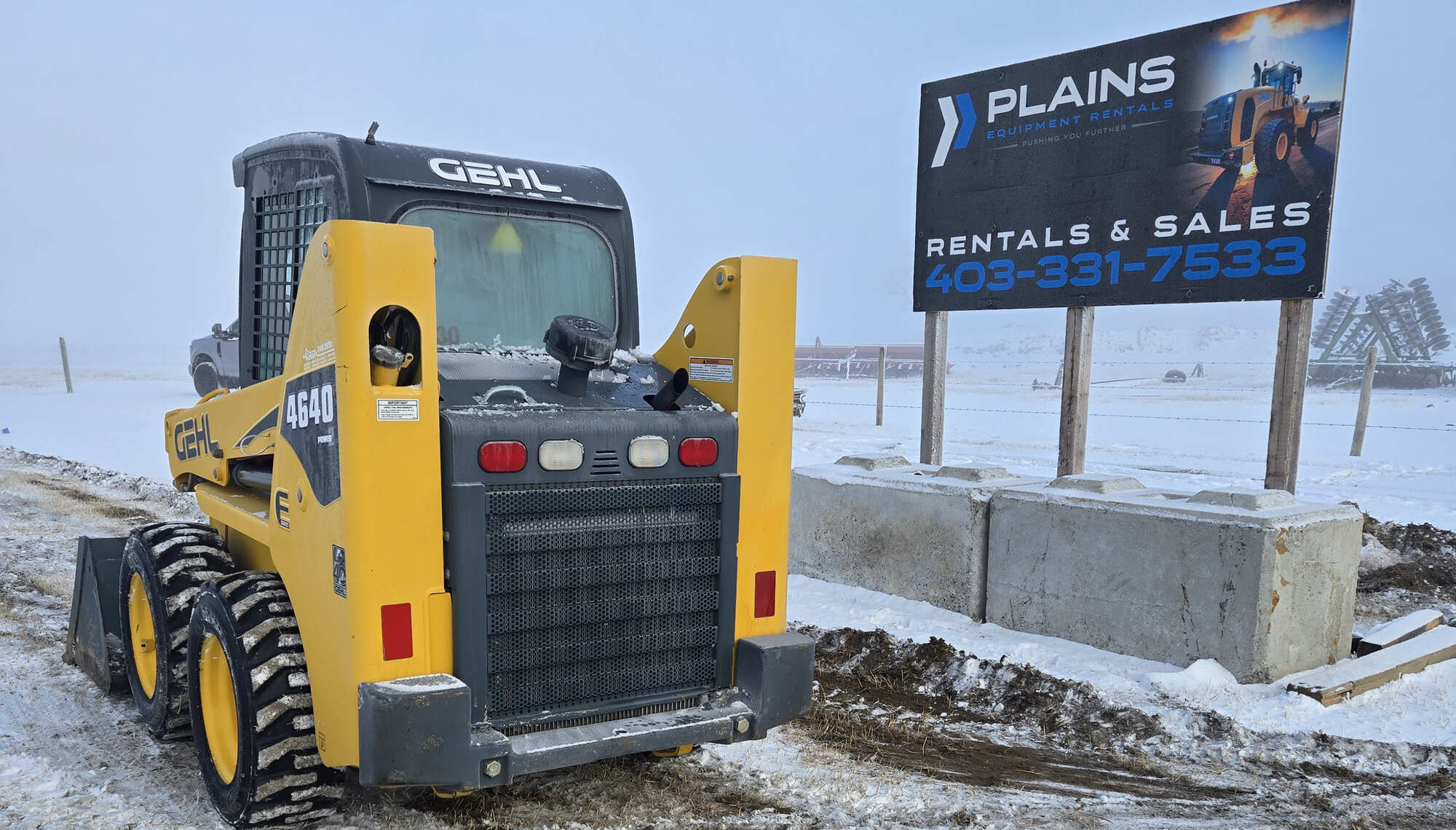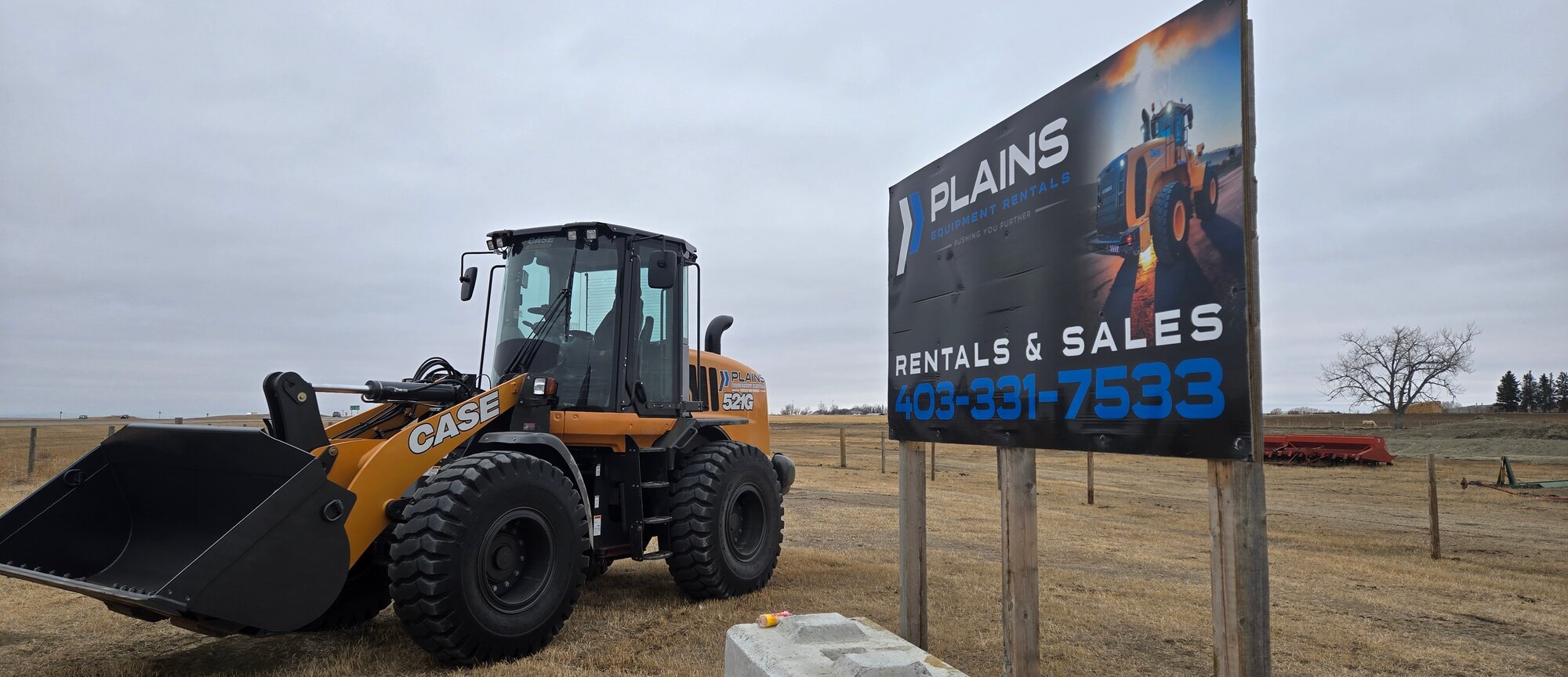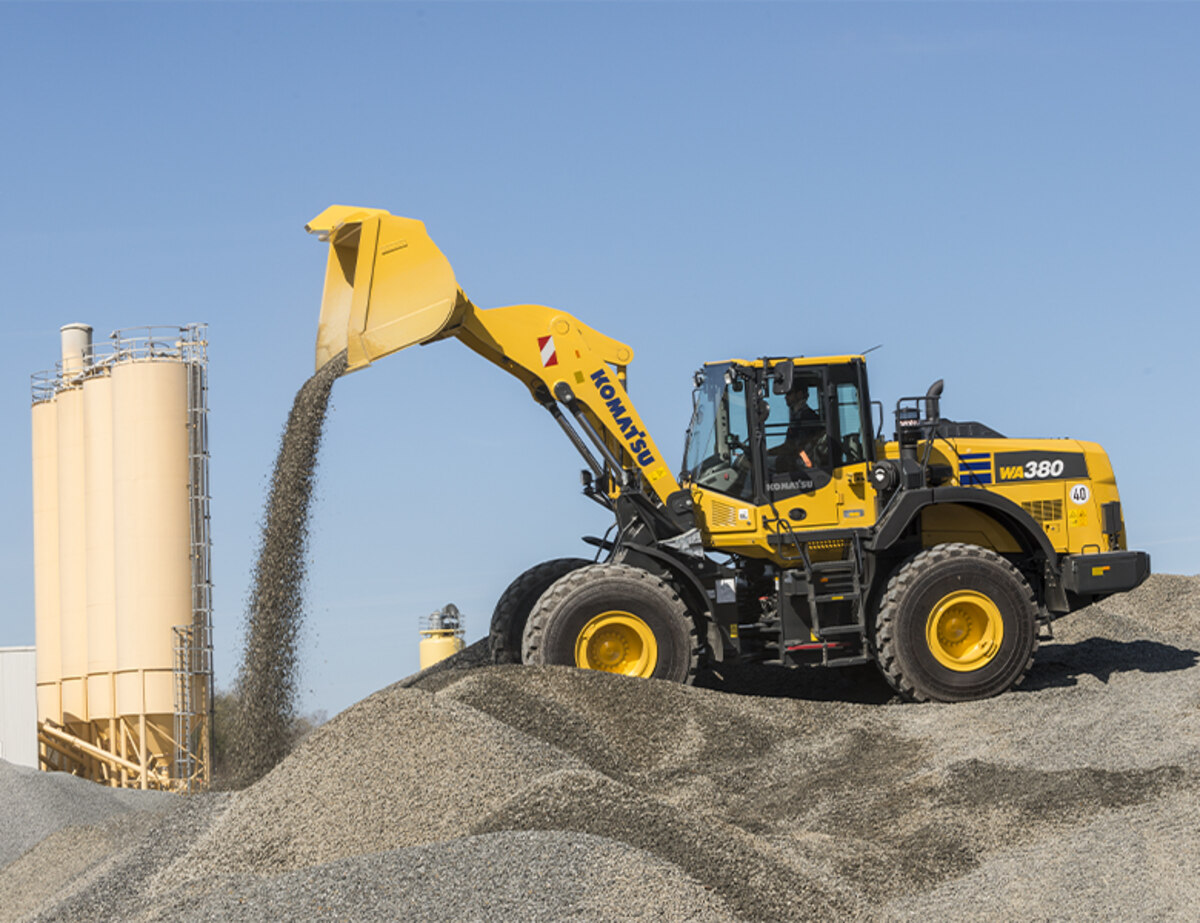Discover the key considerations when deciding whether to buy or rent equipment for your business. Evaluate factors like capital availability, project length, equipment availability, and maintenance requirements to make the most advantageous choice. Explore the pros and cons of each option and ensure proper maintenance for optimal performance and longevity. Make an informed decision to maximize your returns on equipment investments.
Introduction
When it comes to acquiring new equipment for your business, the decision to buy or rent can have significant implications for your finances and operations. Each option comes with its own set of advantages and disadvantages. In this guide, we will explore the key factors to consider when making this important decision. By evaluating factors such as capital availability, project length, equipment availability, potential for future use, and maintenance considerations, you can determine whether buying or renting is the most advantageous choice for your business.
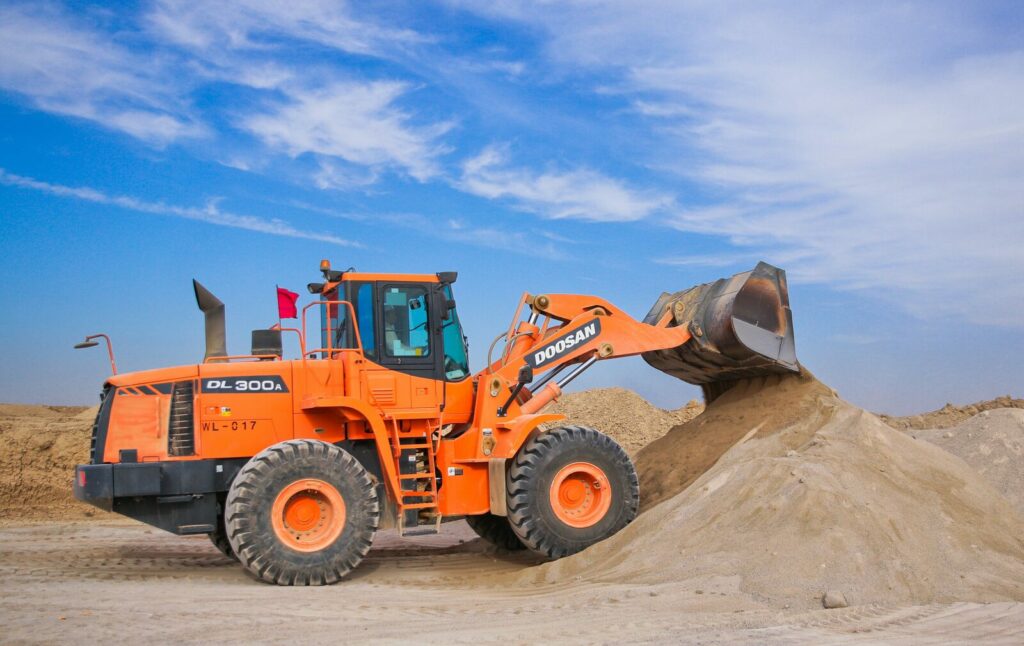
Assess Your Capital Situation
Before making any decision, it’s crucial to evaluate your capital situation. Determine whether you have readily available funds to purchase the equipment and consider the additional costs of ownership, such as interest, insurance, and registration permits. While some of these costs also apply to rentals, understanding the financial implications of buying is essential.
Estimating Cost of Ownership:
Owning equipment involves expenses beyond the initial purchase. You need to account for insurance, licensing, maintenance, and potential breakdowns. Fuel costs are applicable to both buying and renting. Additionally, tax advantages may vary depending on whether you buy new equipment or choose to rent
Project Length and Frequency of Use:
Consider the duration and frequency of equipment usage for your project. Will the equipment be in constant use throughout the year, or will it only be required for a few months? Assess the profit potential and return on investment associated with the equipment. If a project requires long-term usage, buying might be more cost-effective. On then other hand, if there is no future use for the equipment and you wish to free up capital, renting can be a viable option.
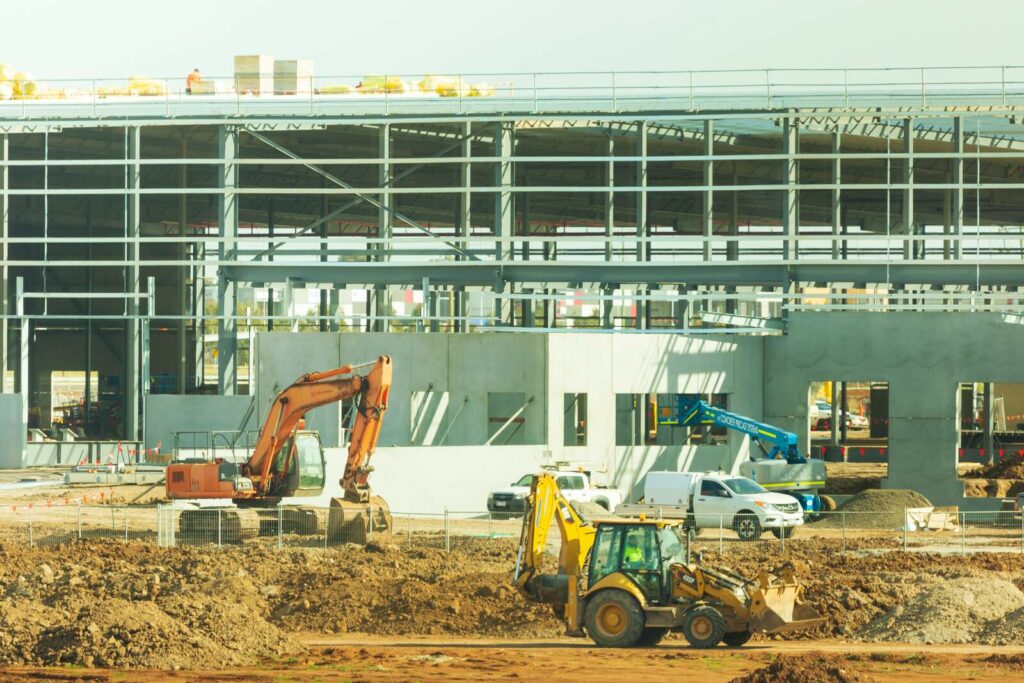
Equipment Availability and Market Dependency:
Evaluate the availability and pricing of the equipment you require. Determine whether it is readily available for purchase or if it is a rare and in-demand item that may be overpriced. Additionally, consider if the market conditions significantly influence the equipment’s price, especially in industries like oilfield equipment.
Rental Options and Flexibility:
Examine the rental market to explore available options and associated costs. Consider the flexibility renting provides, allowing you to access a wide range of equipment types based on changing job
requirements. However, remember to compare rental costs against the long-term benefits of owning. Assess potential breakdown risks and the overall condition of the equipment before making a decision.
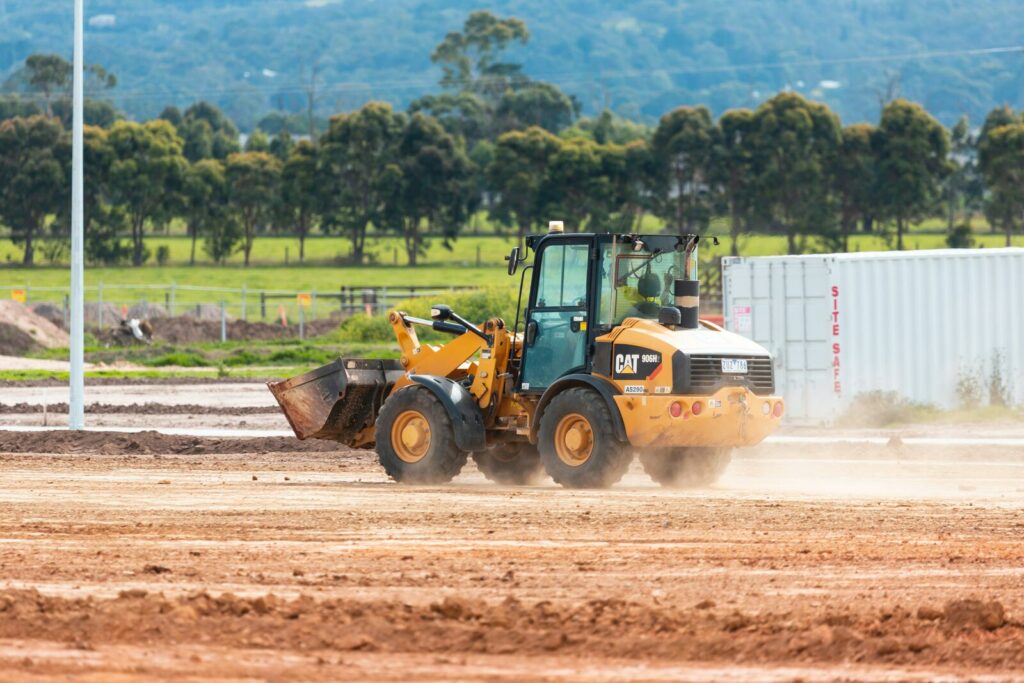
Pros of Renting:
Renting offers lower initial investment, access to a variety of equipment, and the latest models suited to your specific job requirements. Rental companies handle maintenance, breakdowns, insurance, and coordination, reducing your responsibilities.
Pros of Buying:
Buying can be more cost-effective for long-term projects, offering potential opportunities for buying low and selling high. Ownership provides flexibility and immediate access to the equipment when needed.
Conclusion:
Determining whether to buy or rent equipment requires careful consideration of multiple factors. There is no one-size-fits-all answer, as each business situation is unique. Assess your capital availability, project length, potential margins, and risk tolerance before making a decision. Renting offers flexibility and reduced responsibilities, while buying provides long-term cost benefits and ownership advantages. Ultimately, understanding your business’s specific needs and evaluating the associated risks and benefits will guide you in making the right choice for your next equipment acquisition.
Remember, whether you choose to buy or rent, proper maintenance and service are crucial to ensure the equipment’s longevity and optimal performance. Consider consulting industry experts and exploring specific components and track records of equipment before finalizing your decision. By making an informed choice, you can position your business for success and maximize your returns on equipment investments.


